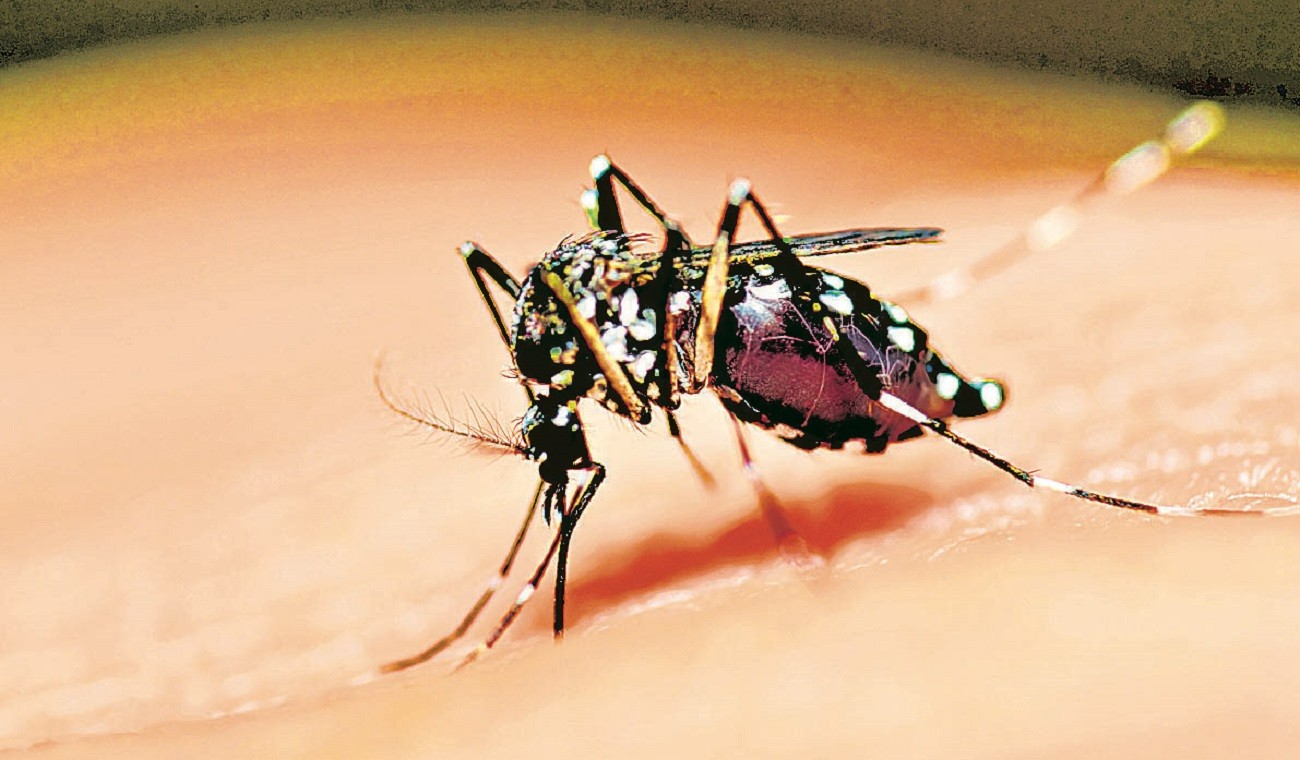
Dengue fever is a An acute febrile illness caused by a virus transmitted by the bite of a female mosquito that lives in standing water around a house.
People may experience very strong muscle or joint pain, rash, general malaise, severe headache, pain behind the eyes, nausea, vomiting, loss of appetite, fever, etc.
According to data from the Ministry of Health, so far in 2023 (the 17th epidemiological week, as of April 29), a total of 32,206 dengue fever cases and 439 severe dengue fever cases have been reported, an increase of more than 100%. By the same period in 2021 and 2022.
You may be interested: Dengue outbreaks in more than 200 Colombian cities, MinSalud says
“When a person is in an area where dengue fever is endemic, there is a difference between dengue fever and the common cold., if you have been bitten by a mosquito; when symptoms are severe, painful, and difficult to relieve with flu medications. The symptoms of the common cold are respiratory, while those of dengue are general and intense,” explains Luis Carlos Alvarado, family physician and professor at the University of El Bosque.
Diagnosis is essentially clinical. Sometimes an immune globulin blood test can be done, which may help confirm the diagnosis but is not absolutely necessary.
IgM antibodies are the first immunoglobulins your body produces after exposure to bacteria.
According to the Colombian Ombudsman’s Office, as of 2023, there have been a total of 52,586 suspected dengue cases in the country. 56.3% of cases had no warning signs, another 42.3% had warning signs, and 1.4% of cases were reported as severe dengue. Of the 32,206 people reported as of April 29, 60.2% were minors under the age of 18.
READ ALSO: Colombia faces new dengue outbreak
“Seeing a doctor is necessary if you have an uncontrollable fever, bloody vomiting, bloody stools, dehydration, or severe vomiting that prevents you from tolerating food and drink; when you experience seizures, difficulty breathing, or are excessively pale,” Alvarado said .
Therefore, it is recommended to take self-care measures to prevent the spread of the virus, such as cleaning water tanks, pools or containers every six to eight days and eliminating mosquito breeding sites in homes, schools and surrounding areas.
